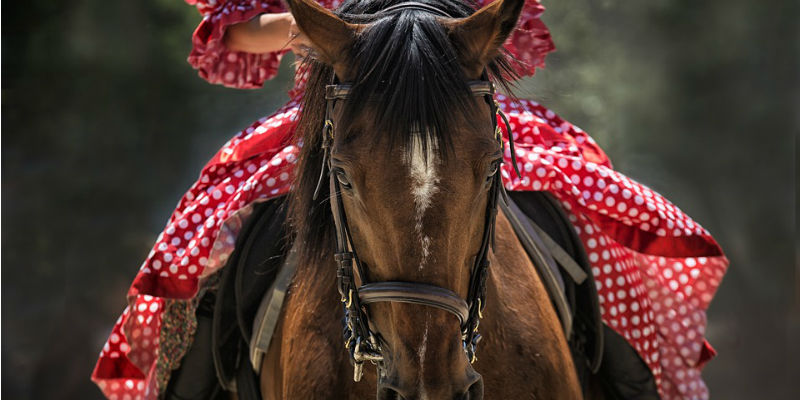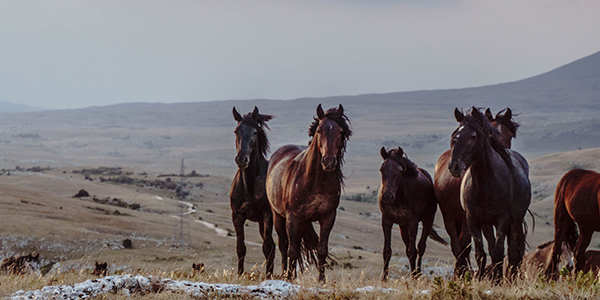The first line of defense against diseases and viruses that your horses may pick up this year are vaccinations. Horse vaccinations will boost your animals immune system to protect them against contracting diseases. However, living in the United States doesn’t makes your animals less prone to international diseases. Also, if you are looking for a horse property for sale in Colorado, contact Colorado Horse Property today and speak with one of our horse-person realtors.
Horse Vaccinations
Professional conducted a study of horses all around the United States in 2017. They found that nearly 400 of them had the West Nile virus. There is nothing more heartbreaking than watching an animal suffer from a disease; one that can be prevented through a simple vaccination. Do the right thing and get your horses vaccinated. If you are in Colorado, consider visiting a professional at the Littleton Equine Medical Center or the Colorado Equine Clinic.
Other things you have to look out for are pathogens that mosquitoes carry. Also, these insects can potentially pass on to your animals. Mosquito populations tend to peak in the late summer and fall. Therefore, fall is often the time when we see more cases of mosquito borne diseases. This includes the horses diseases the Eastern and Western Equine Encephalomyelitis.
Traveling animals will be more horse vaccinations than those staying on the ranch. They come in contact with many different horses and environments like at rodeos of common horse shows and performances. Therefore, you need booster vaccines to help prevent highly contagious diseases such as equine influenza virus and equine herpes virus. Take your horses to the veterinarian at least once a year. Get a physical and dental exam, vaccinations and a deworming evaluation.




